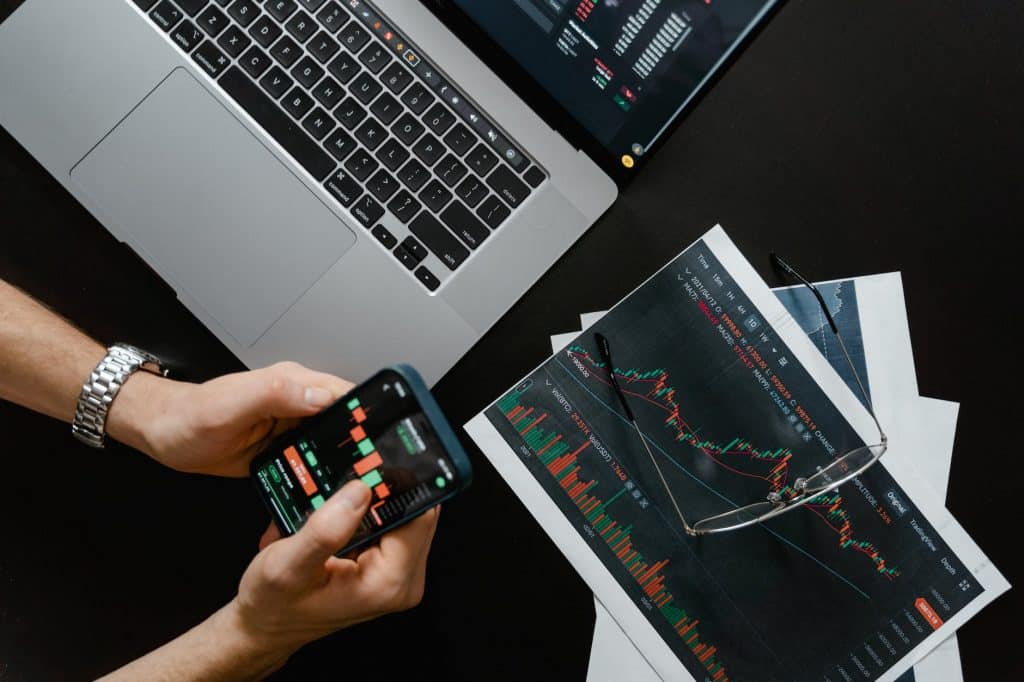
You passed your challenge, started scaling up, and profits are growing. But month after month, your personal savings remain flat. Why?
The problem often hides in plain sight: small, repeated expenses that you never write down. These are the daily costs that feel insignificant but accumulate faster than most traders expect.
Let’s be honest — you probably remember your biggest winning trade this month. But can you remember how much you spent on minor things like ride-hailing, small subscriptions, or fast food? That gap in awareness is exactly where your money disappears.
Why Successful Traders Still Struggle with Cash Flow

At AI Prop, we’ve seen cases where traders hit impressive profit targets and pass funded challenges with ease, but still end up with less money than expected at the end of each month. They aren’t losing trades — they’re losing control over everyday finances.
This isn’t about overspending on luxury. It’s about neglecting to track the seemingly harmless costs:
- Morning coffee runs or casual snacks
- App subscriptions for market data, signals, or even unrelated tools
- Small convenience charges like ride-hailing fares or ATM fees
- Impulse spending on trading gadgets, indicators, or tools
Each one is minor — but add them up over 30 days, and you’re often looking at hundreds of dollars gone without notice.
3 Practical Ways to Regain Financial Control

To succeed long-term, funded traders need more than just a good strategy on the chart. They need structure off the chart. Here’s how to build it:
1. Start tracking every expense, without exception
Use a finance app or simple spreadsheet. Record everything, even a $1 purchase. This builds clarity. Within a week, you’ll begin to spot spending habits that don’t align with your financial goals.
2. Create a weekly limit for non-essential spending
Avoid monthly plans — they’re too abstract. Set a fixed amount per week for non-essentials, like dining out or digital services. This gives you room to enjoy your earnings without overshooting.
3. Review your financial logs every two weeks
Just like you backtest trading data, review your spending history. Which purchases were truly necessary? What was habitual or impulsive? Make adjustments just as you would after a losing trade.
Discipline in Spending Reflects Discipline in Trading
Great trading comes from consistency, structure, and control — the same qualities needed in personal finance. The traders who thrive long-term don’t just manage their risk in the market. They manage their lifestyle, too.
When you treat money with intention outside of trading, you reduce pressure during trading. You avoid forcing trades just to “make up” for spending. You create space to grow your capital without unnecessary leaks.
Final Thought: Have You Ever Tried Logging Everything for 7 Days?

If not, challenge yourself. Track every single expense — from the smallest charge to the largest — for just one week. You’ll uncover patterns you didn’t realize existed. And from there, you’ll build habits that preserve the profits you worked so hard to earn.
At AI Prop, we don’t just offer funding. We support trader growth — and that includes financial intelligence beyond the chart.

















